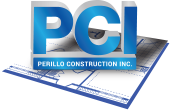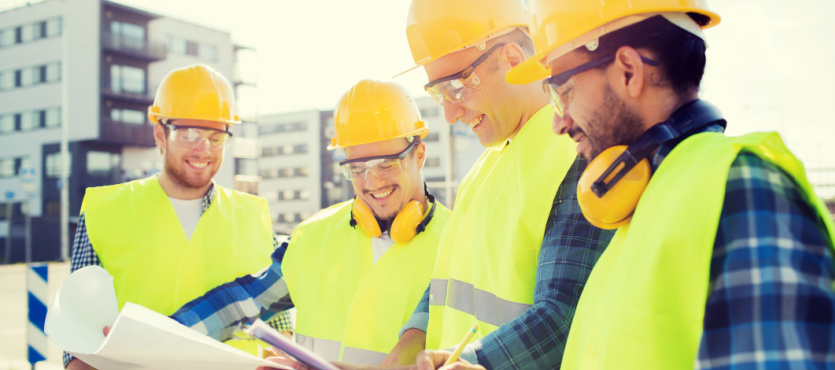Commercial build-outs refer to the process of designing and constructing interior spaces within commercial buildings, such as offices, retail stores, and restaurants. Sustainability has become a crucial consideration in modern commercial build-outs for a variety of reasons, ranging from environmental concerns to economic benefits and societal expectations.
Sustainability in modern construction is not just an environmental imperative but also a business opportunity. Green buildings can offer lower operating costs, improved occupant comfort, and increased property value, making them attractive investments for developers and property owners. Here are several key aspects of the role of sustainability in modern commercial build-outs:
- Green Building Design
Sustainable building design involves incorporating energy-efficient features, passive design strategies, and environmentally friendly materials. Green building certifications such as LEED (Leadership in Energy and Environmental Design) and BREEAM (Building Research Establishment Environmental Assessment Method) provide guidelines and benchmarks for sustainable construction.
- Energy Efficiency
Designing buildings with high energy efficiency is a core aspect of sustainability. This includes using insulation, efficient HVAC systems, and renewable energy sources like solar panels. Smart building technologies can help optimize energy consumption through automation and data analysis.
- Sustainable Materials
Selecting sustainable and low-impact construction materials, such as recycled, reclaimed, or locally sourced materials, can reduce the environmental footprint of a building. Building materials should be chosen with consideration for their life cycle, including extraction, production, transportation, and disposal.
- Water Efficiency
Implementing water-efficient fixtures and systems, like low-flow toilets and rainwater harvesting, helps conserve water resources. Sustainable landscaping and irrigation practices can further reduce water usage in and around buildings.
- Waste Reduction
Minimizing construction and demolition waste through recycling and reusing materials is vital for sustainability. Construction sites can adopt waste management plans to ensure responsible disposal of materials.
- Sustainable Site Development
Planning and designing construction projects to minimize disruption to local ecosystems and habitats is crucial. Site development should consider factors like stormwater management, biodiversity preservation, and green space.
- Life Cycle Assessment
Evaluating the environmental and economic impacts of a building throughout its entire life cycle, from construction to operation and eventual demolition, helps identify opportunities for improvement. Doing so will allow you to mitigate your project’s carbon footprint.
- Social Considerations
Sustainability in construction also involves considering the well-being of occupants and the broader community. This includes factors like indoor air quality, accessibility, and community engagement. If you are building an apartment complex or a retail space, understanding the needs of those who will occupy the space in the future is vital.
- Regulatory Compliance
Adhering to local building codes and regulations that promote sustainability is essential. Many regions have adopted stricter building codes and energy efficiency standards to encourage sustainable construction practices. If you are not sure about regulations set up by your local authority, feel free to consult with professionals in the field.
- Education and Collaboration
Promoting sustainability in construction often requires collaboration among architects, engineers, contractors, and clients. Education and training are key to ensuring everyone involved understands and supports sustainable practices. At the same time, you might want to consider working with experts who have experience in eco-friendly build-outs.
- Performance Monitoring
Regularly monitoring and assessing your project in terms of energy use, water consumption, and indoor air quality can help identify areas for improvement and optimization. These steps are crucial for every eco-friendly build-out.
One Team for All Your Needs
When it comes to taking innovative plans to fruition, you require a competent team that is prepared to face every challenge. At Perillo Construction, we offer the best-in-business consulting services for building projects. Whether you are building a retail space, a restaurant, or a full-scale apartment complex, our experts will ensure that your dream project comes to reality while keeping your budget and timeline in mind. Contact us today to learn more about our services!

